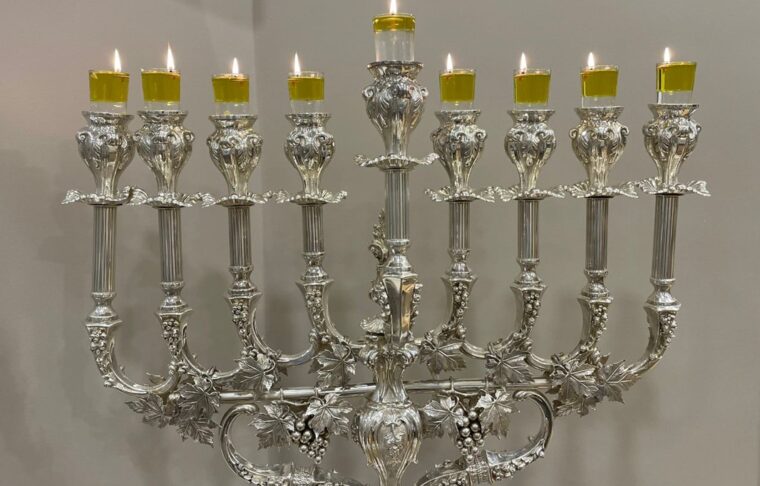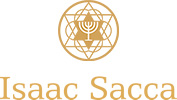Hanukkah: Remembering to act

Hanukkah reminds us of two miracles: the first, the victory of the Hebrews, inexperienced in military art, over the great ancient Hellenistic Assyrian Empire, which sought to undermine by force the ancient traditions of the People of Israel and institute a cult of the body. The second, that upon concluding that victory and reopening the operation of the Great Temple of Jerusalem, when lighting the Menorah, the lights remained lit for eight days when there was only oil for a single day.
In fact, it is a single miracle and a single message.
Judaism, formed by the traditions that God revealed to his people so that humanity may be happy, is effective not only when these traditions are remembered but, essentially, when they mark our actions.
The continuity of the Jewish people does not depend solely on longing for the past. It should not be a dead or museum tradition. When a culture is placed in memories, it means that it perished.
The continuity of the Jewish people depends on the practice of tradition, that it be lived. It must be projected through our actions. Only then is it effective. Only then will the Jewish people remain eternally alive.
The miracle of victory was made possible because the Jews resisted actively ceasing to practice their faith. They did not want to abandon their beliefs and stop being what they were, they did not resign themselves to becoming a history textbook. That is why they fought and that is why they triumphed.
That spirit of action and practice of the tradition of those Jews generated the other miracle: the permanence of the candles. In this way, God teaches that the Maccabean spirit, which resides not only in longing for the past but mainly in the will to act, in maintaining and perpetuating the traditions as we received them from the Creator, is the one that ensures the continuity of Israel.
Therefore, the candles endured supernaturally. They symbolize that only if the People of Israel maintain their tradition, not only at a cultural level but also mainly by maintaining an active and experiential practice, as the Maccabees did, can it be perpetuated in history, even in the face of adversity, even with little oil.
Hanukkah teaches us not to fall into the common habit of studying and analyzing Judaism as an inert, folkloric and lifeless element. Judaism must be a stimulating and experiential act, for the good of the Jewish people itself and for the good of humanity in general, since, otherwise, the Jew would be deprived of his own experience and humanity would be deprived of the benefit that Judaism has for society.
In order for our children to perpetuate themselves as members faithful to the values of the Torah, and maintain continuity, so that they are upright and committed people, it is necessary not only that they remember the culture of the past, but also that they live the traditions and customs in the present .
Happy Hanukkah

